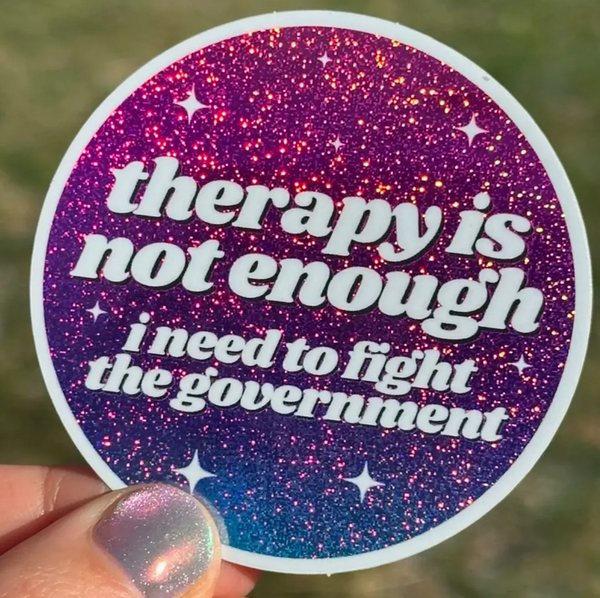patterflash
The poet and author Adam Lowe titled his debut collection Patterflash in 2023. From Polari, the 'secret language' of gay British people, he translates it as 'gossip, chat, ostentatious or pretentious speech.' I've been intrigued by Polari since reading Paul Baker's excellent history of the language, Fabulosa!. It's something queer and creative, experiencing a revival from historical decline. It's a way to communicate that's not for the majority, because sometimes we need something for ourselves among the misfits and the misunderstood.
That's relevant.
It's been hard to escape the word 'Polari' recently. Not to do with the language itself, but rather the controversy around the literary prize named after it. After 'self-proclaimed TERF' John Boyne was nominated for the prize, 16 of the other 23 authors across the longlists for debut book and the main prize withdrew from contention. I can't imagine how difficult this was for many of them, especially the debut authors, for whom recognition in this manner could make or break a fledgling career. Their bravery in standing up against transphobia is something to be admired (and their books, supported).
It turns out that the founder of the prize is himself associated with 'gender critical'/anti-trans activists via social media and open letter, because of course he is - as we can't have anything nice these days. Boyne's inclusion is, retrospectively, therefore, not a surprise. I'm not here to rag on Boyne for his writing. I don't like it and I don't think it's particularly good, but he'll keep going as long as there's an audience for it. I'm more concerned with the statement he put out yesterday in response to the majority boycott of the longlist, because it displays a view of human rights that is, I think, prevalent among anti-trans advocates, and is particularly worrying. Let me give you a few lines:
All human beings should have the same rights, but if the rights of trans women come into conflict with the rights of… ‘cis’ women, then the latter must take precedence. There’s 4 billion of them, after all, and it took them 2,000 years to achieve even a semblance of equality.
Okay. Let's break that down a bit. We'll put aside the fact that women's lib began when Jesus was 25. The main point here is that human rights don't come with a 'but.' They especially don't come with a 'but' that qualifies that if there's a conflict of rights, the majority should take precedence over the minority for numerical reasons.
What is the reason we have human rights law in the first place? To protect those who need protection, when they might otherwise not have a voice to raise. To hold the line for the minority, when otherwise the majority would run roughshod over them. Human rights are not decided on the basis of who got there first, or of whom there are more in the demographic. They're rights you get by virtue of being a human. Not alone that, but they're rights, not privileges. Human rights aren't something that you fold up and put away if you're told someone else wants you to stop holding them. They're the basic assertions of humanity that people get in society and they're infinitely more important to hold and assert if you're in the numerical minority by sheer virtue of that minority status.
Your right to privacy and family life. Your right to freedom of expression. Your right to freedom of assembly. They're all protected under UK law. If they have limits, it must be by proportionate means to a legitimate end, legally.
(Not because some guy says so.)
(Not even if a bunch of guys say so.)
That last brings me to my point on the human rights of it all. Over the last few years of observing anti-trans rhetoric around law and rights I've come to the conclusion that they view rights very differently depending on whom they belong to. The rights of cis women are there for their protection, but also their comfort. The 'rights' of trans people - should they exist at all - are flexible depending on the situation and the level of discomfort they cause to the nearest cis person.
This is a profoundly concerning distortion of the idea of human rights which reflects the anti-trans view that transgender people are a disposable minority whose claims to social status are contingent on the approval of the majority and the majority's discretion as to how much public and private life they are to be afforded. That is no way to run a society, but it is the society we seem to find ourselves in.
Polari is a language that shows the resourcefulness, humour, and creativity of queer minorities. It's sad that boycotting the eponymous prize is now the symbol of real solidarity with the trans community, but here we are. Another day on Normal Bloody Island.
